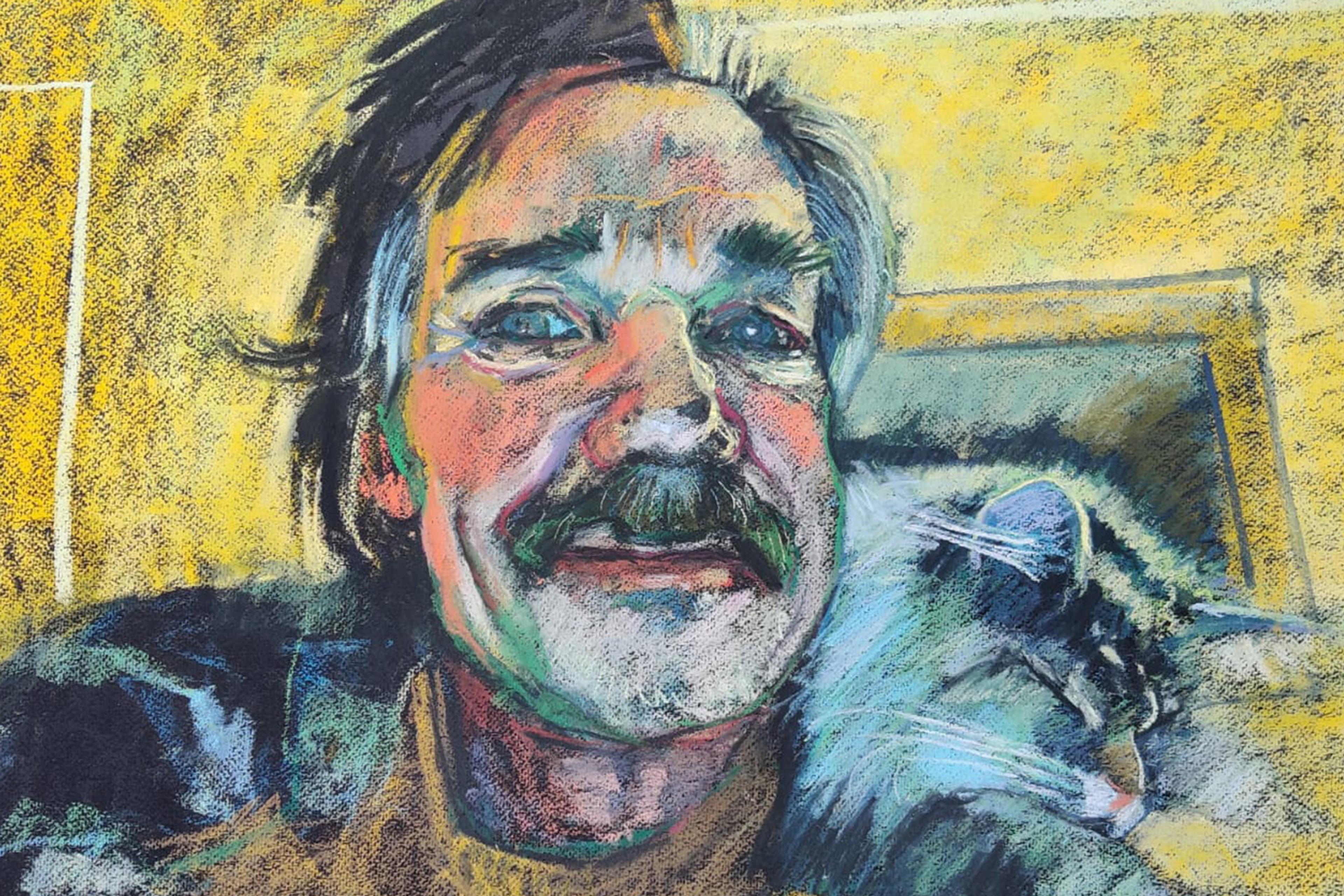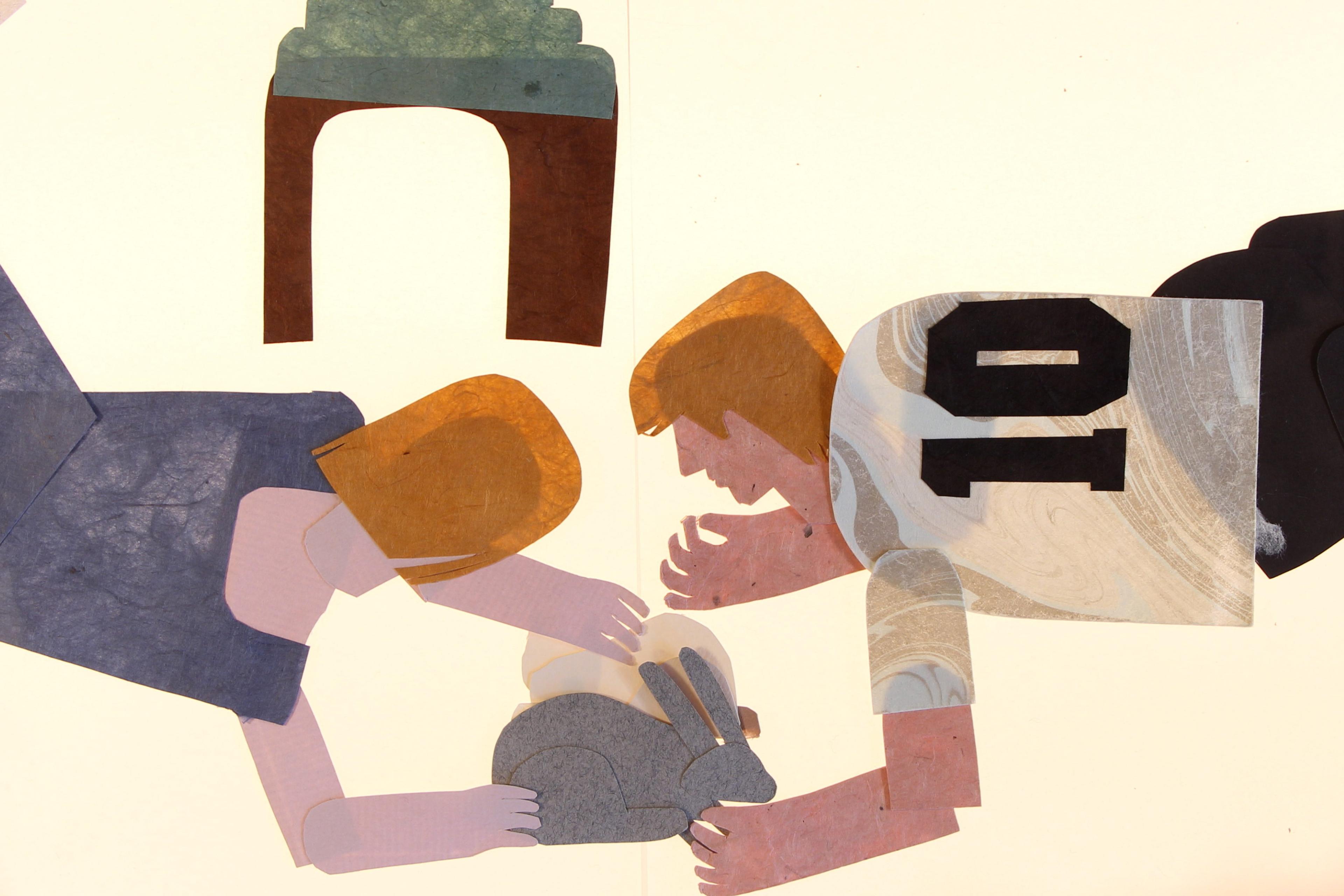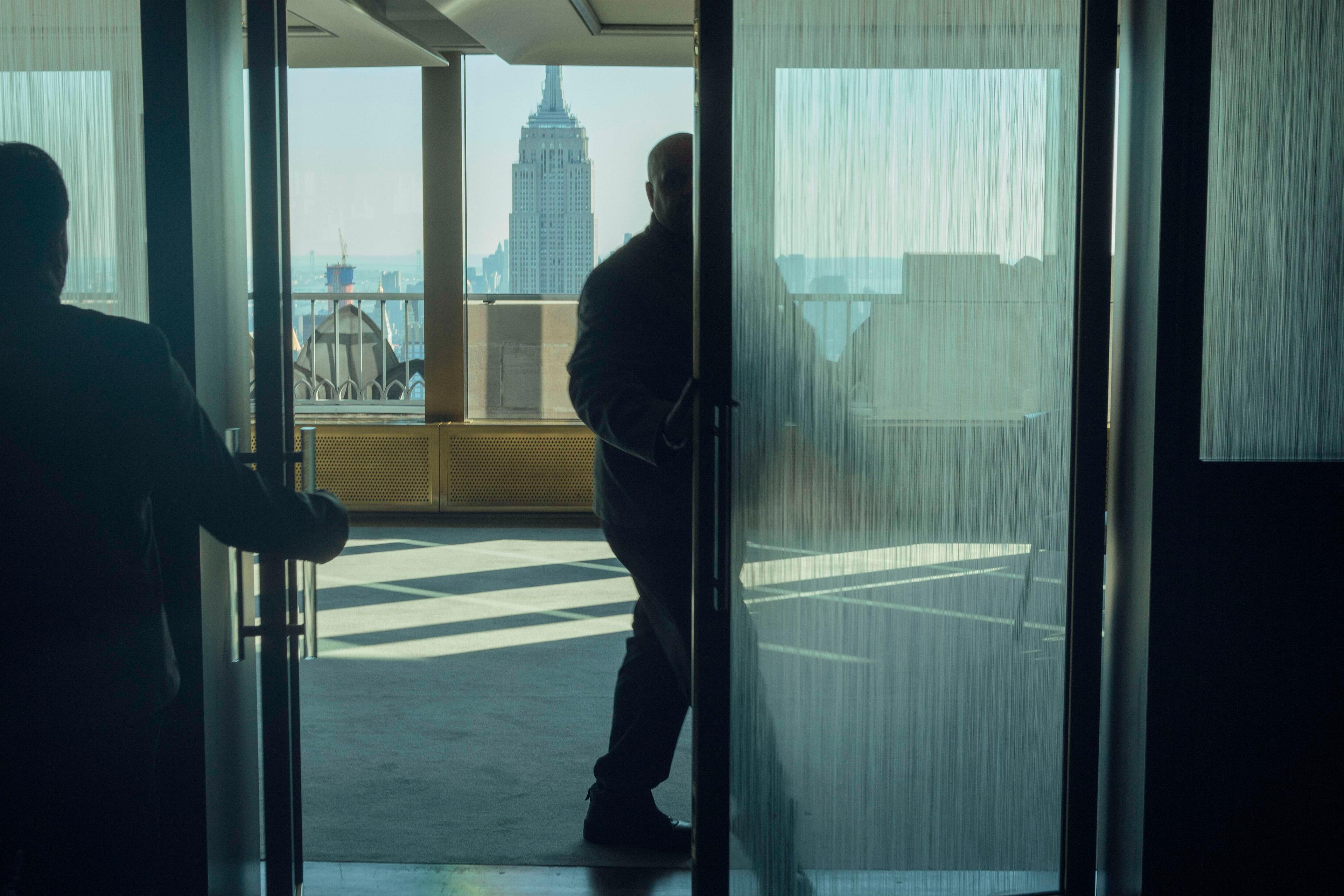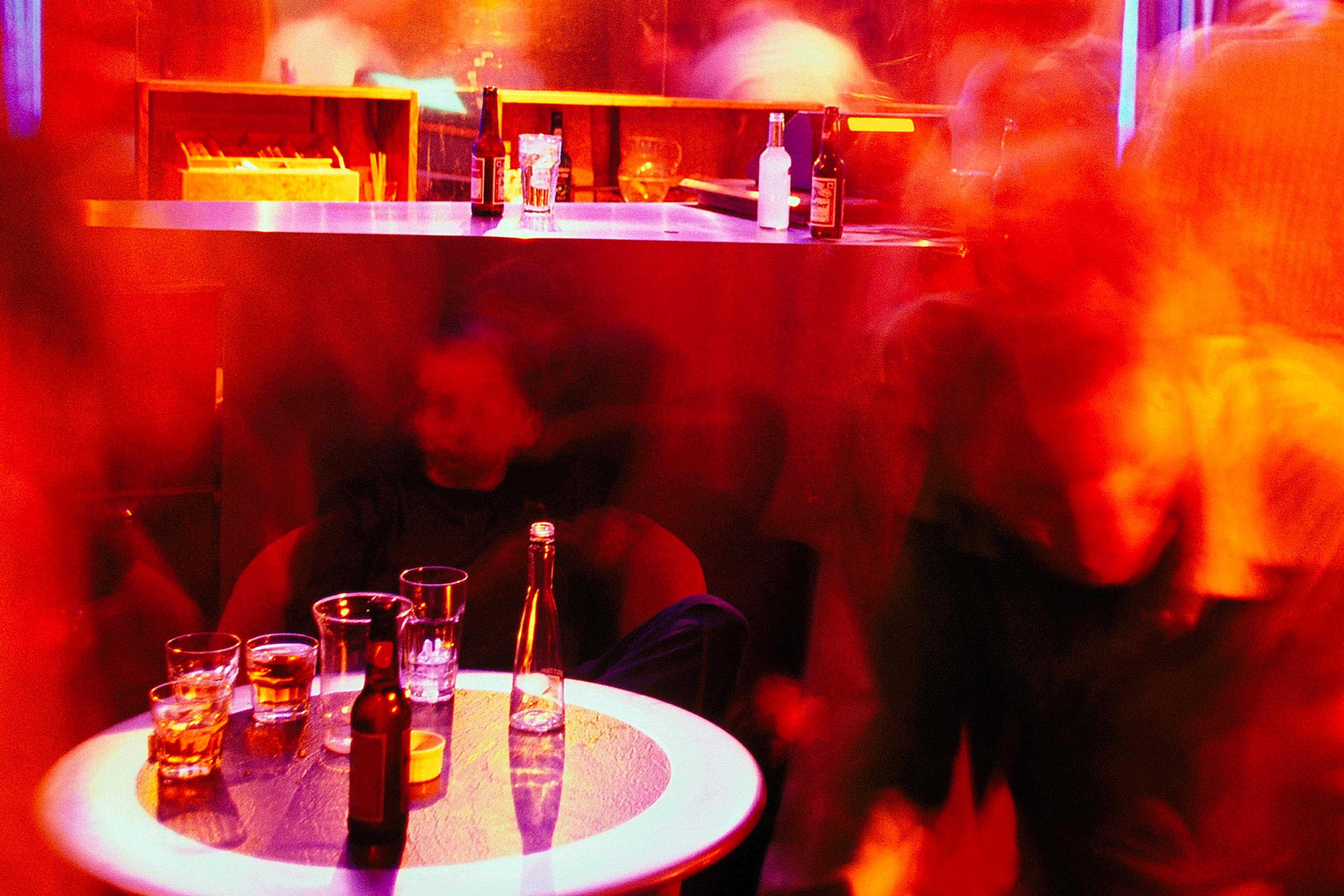‘Faces are important. I know this because they are absent to me.’
The Scottish artist and filmmaker Steven Fraser discovered that he had prosopagnosia – the clinical term for face blindness – during an assessment for autism. This clarifying moment helped him understand years of disorientation, including the anxiety of everyday interactions and feelings of isolation that often followed. In this autobiographical work, Fraser unpacks a memory box, transforming personal items like sketchbooks, tape recordings and photographs into dazzling mixed-media animations. Via the tools that have helped him navigate life without faces, Fraser details not only the emotional toll of the condition, but also its unexpected possibilities, like seeing and knowing people beyond their facial features. A playful yet affecting reflection on how our perception helps shape us, Prosopagnosia invites viewers to rethink how we see others, how we’re seen and to see faces anew.







